At Daiwa Health Development, we prioritize natural approaches to well-being, offering supplements that support your body's resilience against everyday stressors. As more people seek health alternatives to alcohol, our focus on functional ingredients like those in our plasma-based formulations can complement a lifestyle shift toward non-alcoholic options, helping you maintain balance without the drawbacks of alcohol consumption.
Alcohol holds a prominent place in social and cultural settings, often appearing at gatherings where alcoholic drinks like wine, beer, or spirits are served. However, regular drinking alcohol, even in what seems like moderation with just a few drinks, can lead to health concerns if not managed carefully. This is because alcohol, known chemically as ethanol, acts as a psychoactive substance that impacts the body in various ways. While occasional alcohol intake might seem harmless, excessive drinking or consistent alcohol use can disrupt bodily functions, making it wise to consider alternatives to alcohol that promote better health.
The effects of alcohol extend beyond internal consumption; it's also common in topical products like skincare and hair care items. Checking ingredient lists often reveals alcohol's presence, which can cause dryness and inflammation on the skin despite its initial cooling sensation. Recognizing these harms encourages a search for alcohol-free alternatives that support both internal and external health.
Understanding the Impact of Alcohol on Health
Alcohol consumption affects nearly every system in the body. Short-term effects include impaired judgment and coordination, while long-term alcohol use can lead to serious issues such as blood clots, strokes, heart attacks, anemia, malnutrition, mood swings, poor concentration, memory loss, and high blood pressure. The digestive system suffers as alcohol prioritizes its processing over nutrient absorption, potentially causing inflammation and gut imbalances. The nervous system experiences disruptions in brain function, affecting sleep quality and contributing to anxiety or depression. Reproductive health can also be compromised, with alcohol addiction exacerbating these problems.
In functional medicine, we view alcohol's toll through a holistic lens. It depletes essential nutrients like B vitamins and magnesium, which are crucial for energy and stress management. This nutrient drain can worsen weight gain, as alcohol provides empty calories that hinder weight management efforts. Moreover, alcohol use disorders arise when dependence forms, leading to a cycle of craving and consumption that harms mental health and overall quality of life.
Topically, alcohol serves as a disinfectant in cleaning products and beauty items, but its drying effects make it worth avoiding. In skincare, it strips natural oils, leading to irritation, especially for sensitive skin. This insight from functional medicine highlights how alcohol, even externally, disrupts the skin's microbiome, potentially aggravating conditions like acne.
Why Seek Alternatives to Alcohol?
Turning to health alternatives to alcohol stems from recognizing alcohol's negative effects. Whether aiming to reduce alcohol intake for better physical health or to manage stress without the hangover, alternatives offer a path to well-being. For those participating in challenges like Dry January, these options provide satisfying substitutes that mimic the social ritual of drinking without the risks.
In addiction medicine and clinical practice, board-certified professionals emphasize that replacing alcohol with healthier choices can prevent liver disease and support mental health. Excessive drinking heightens risks, but opting for less alcohol or none at all fosters better sleep, reduced anxiety, and improved brain function.
Unique to functional medicine is the focus on natural substances that enhance resilience. For instance, adaptogens help the body adapt to stress, promoting relaxation without the depressive effects of alcohol. This approach turns potential cons of quitting alcohol—such as missing the social buzz—into opportunities for discovering invigorating, alcohol-free beverages.
The 1-2-3 Rule for Drinking: A Moderation Guideline
Before fully embracing alternatives, some may wonder about safe drinking limits. The 1-2-3 rule for drinking provides a structured approach: consume no more than one drink per hour, two drinks per occasion, and never exceed three drinks in a day. This guideline, often referenced in health advisories, helps mitigate risks like impaired judgment or health complications from overconsumption.
In internal medicine, this rule aligns with recommendations to limit alcohol to avoid alcohol use disorders. It's not a license to drink daily but a tool for those who choose occasional alcoholic beverages. However, for optimal health, transitioning to alcohol alternatives often proves more beneficial.
Healthier Alternatives to Ingesting Alcohol
What is a healthier alternative to alcohol? Numerous options exist that provide enjoyment without the harms. Non-alcoholic beverages like kombucha, sparkling juices, and mocktails stand out as great alternatives, offering flavors and fizz that satisfy without alcohol's downsides.
Kombucha, a fermented tea, emerges as a top healthy alternative. This fizzy probiotic drink supports gut health, eliminating hangovers associated with alcoholic drinks. With various brands and flavors, experimenting with kombucha can be exciting, helping replace alcohol in social settings.
Sparkling juices offer fun without the health focus of probiotics but provide a refreshing, alcohol-free option. Garnishing with fresh fruits adds color, burst, and extra health benefits from vitamins and antioxidants.
Mocktails replicate mixed drinks minus the alcohol. Ordering non-alcoholic versions saves money and health, as they're just as tasty. Your body appreciates this swap, avoiding the negative effects of drinking alcohol.
Adaptogenic Beverages: Nature's Stress Relievers
Adaptogenic beverages represent a rising category of alcohol alternatives, harnessing herbs like ashwagandha, holy basil, and rhodiola to manage stress and promote relaxation. These drinks provide calming effects similar to alcohol but without impairment, supporting mental health and reducing anxiety.
In functional medicine, adaptogens are valued for their ability to balance cortisol levels, enhancing overall quality of life. Yerba mate, another adaptogenic drink, offers a gentle energy lift with beneficial effects on focus.
Pro Tip: When selecting adaptogenic drinks, look for those with minimal added sugars to maximize health benefits and aid weight management.
Non-Alcoholic Beer and Wine Options
Non-alcoholic beer provides a familiar taste without alcohol's harms. Options like non-alcoholic beer mimic regular beer but eliminate risks, making them ideal for those cutting back.
Alcohol-free wine, including alcohol-free red and white varieties, retains antioxidants from grapes without ethanol. This allows enjoyment of wine's social aspect minus the calories and liver strain from regular wine.
Alcohol-free spirits, distilled botanicals without fermentation, offer versatility for mocktails. These non-alcoholic options expand choices for alcohol-free living.
Teas and Infusions for Relaxation
Matcha tea, rich in L-theanine—an amino acid promoting calm—serves as a great alternative. L-theanine from tea leaves enhances brain function and sleep quality without drowsiness.
Lion's mane mushrooms in teas support cognitive health, providing a buzz like alcohol but through natural nootropics. This mushroom aids focus and relieves stress, aligning with functional medicine's emphasis on holistic well-being.
What Can Give You a Buzz Like Alcohol?
What can give you a buzz like alcohol without the downsides? Adaptogenic drinks and nootropics often deliver a similar euphoric feel. For instance, beverages with L-theanine create a calming effect, while lion's mane offers mental clarity.
Certain foods and non-alcoholic beverages, like those with caffeine or herbal blends, can mimic the relaxation of a few drinks. Grocery stores now stock these, making them accessible for everyday use.
The Healthiest Option for Alcohol
What is the healthiest option for alcohol? Among alcoholic beverages, red wine stands out due to resveratrol, supporting heart health in moderation. However, no alcohol is truly "healthy," and alternatives always prevail for long-term benefits.
Topical Alcohol-Free Alternatives
Beyond ingestion, alcohol-free alternatives for topical use include white vinegar, hydrogen peroxide, and witch hazel. White vinegar cleans wounds and relieves itch with acetic acid, breaking down dirt effectively.
Hydrogen peroxide disinfects surfaces and wounds, killing germs naturally.
Witch hazel, plant-based and anti-inflammatory, suits skincare for acne-prone skin, reducing irritations safely—even if ingested accidentally.
Incorporating Alternatives into Daily Life
Transitioning to alcohol alternatives involves simple swaps. At social events, opt for non-alcoholic drinks or adaptogenic beverages to maintain the ritual without harm.
For stress relief, turn to matcha tea or yerba mate instead of alcoholic beverages. These drinks promote relaxation and better sleep, enhancing well-being.
Midway through your journey to reduce alcohol consumption, consider how Daiwa Health Development's supplements can support this shift. Our products, rooted in functional medicine, include ingredients that bolster liver health and stress response, making it easier to embrace alcohol-free living.
Pros and Cons of Switching to Alternatives
Switching offers pros like improved physical health and mental clarity. Cons, such as adjusting socially, become teachable moments—opportunities to build new habits and relationships centered on well-being.
Building a Sustainable Alcohol-Free Routine
Start small: Replace one alcoholic drink weekly with a healthy alternative. Track improvements in sleep quality and energy.
Engage in activities that relieve stress naturally, like exercise or meditation, complementing alternatives.
Community and Support for Change
Join communities focused on sober living or low alcohol drinks. Sharing experiences reinforces commitment.
Long-Term Benefits of Alcohol Alternatives
Over time, reduced alcohol intake lowers risks of liver disease and weight gain. Enhanced brain function and mental health follow.
Unique Insights from Functional Medicine
Functional medicine reveals how amino acids like L-theanine foster calm without addiction. Natural substances support the body's adaptive responses, turning away from alcohol toward sustained health.
Pro Tip: Enhancing Your Alternatives
Enhance mocktails with fresh herbs for added beneficial effects, like reducing anxiety through aromatherapy.
Final Thoughts on Health Alternatives
Embracing alternatives to alcohol fosters a life of vitality. As you navigate this path, Daiwa Health Development stands ready with supplements that encourage your journey, promoting relaxation and resilience—inviting you to explore our range for a healthier tomorrow.

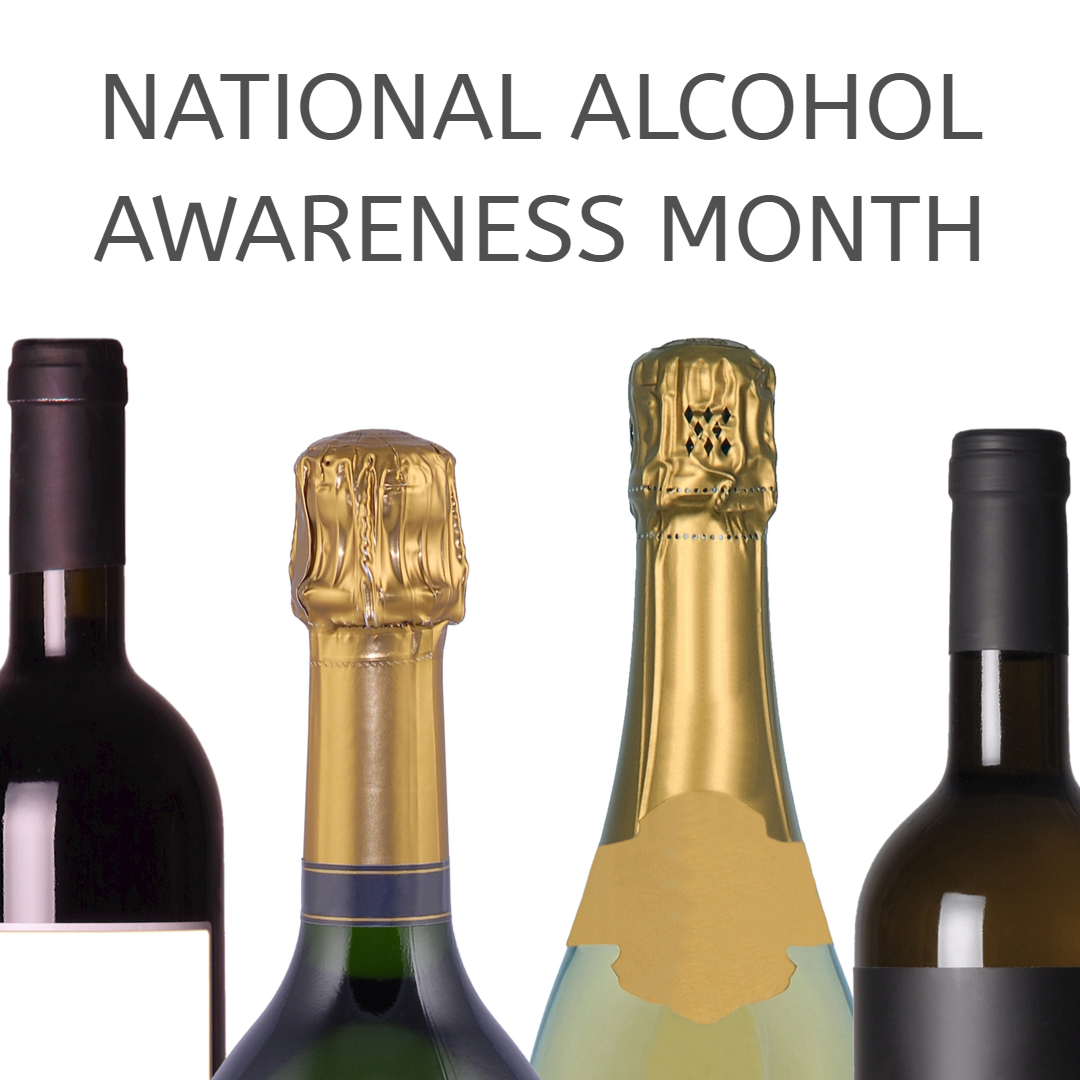
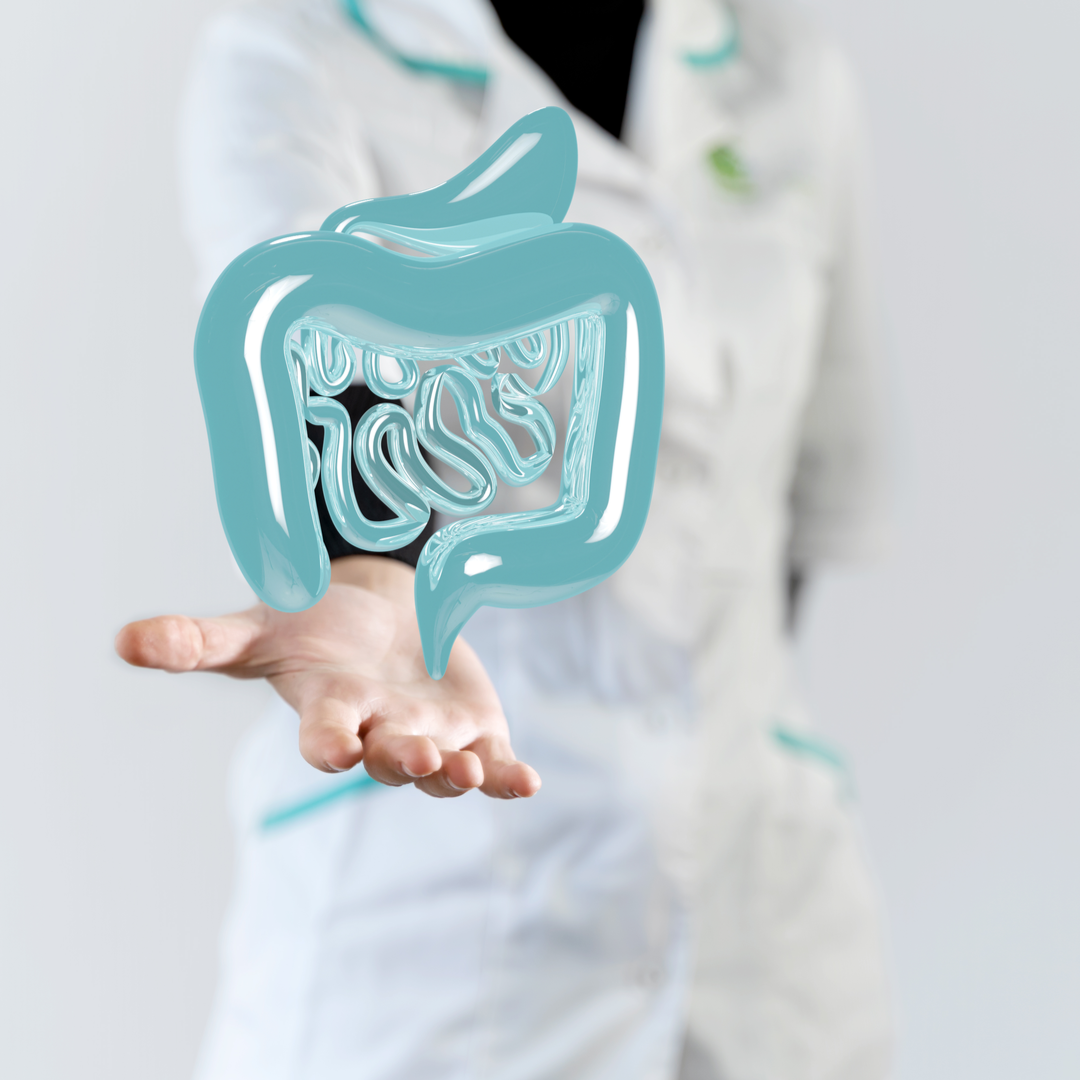
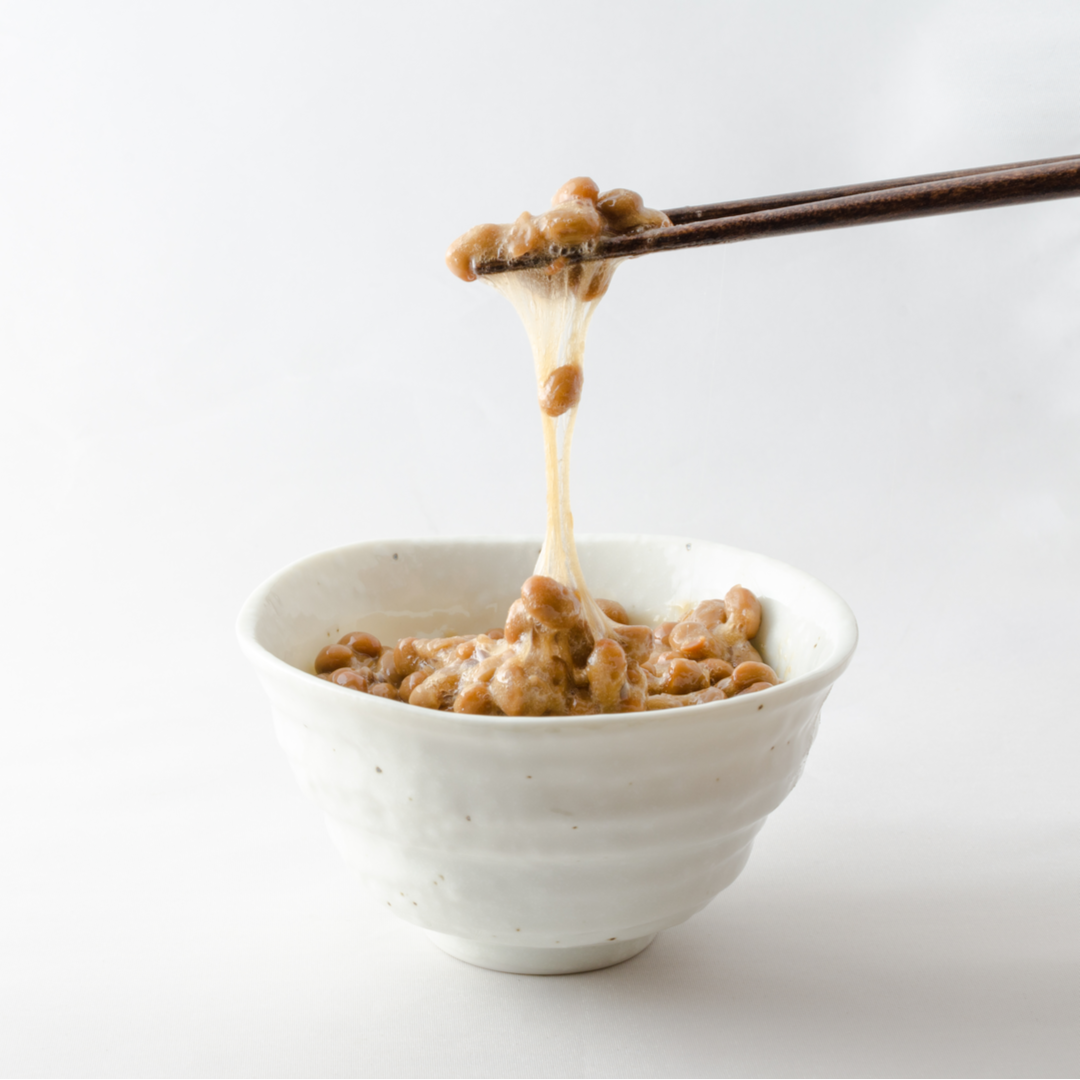
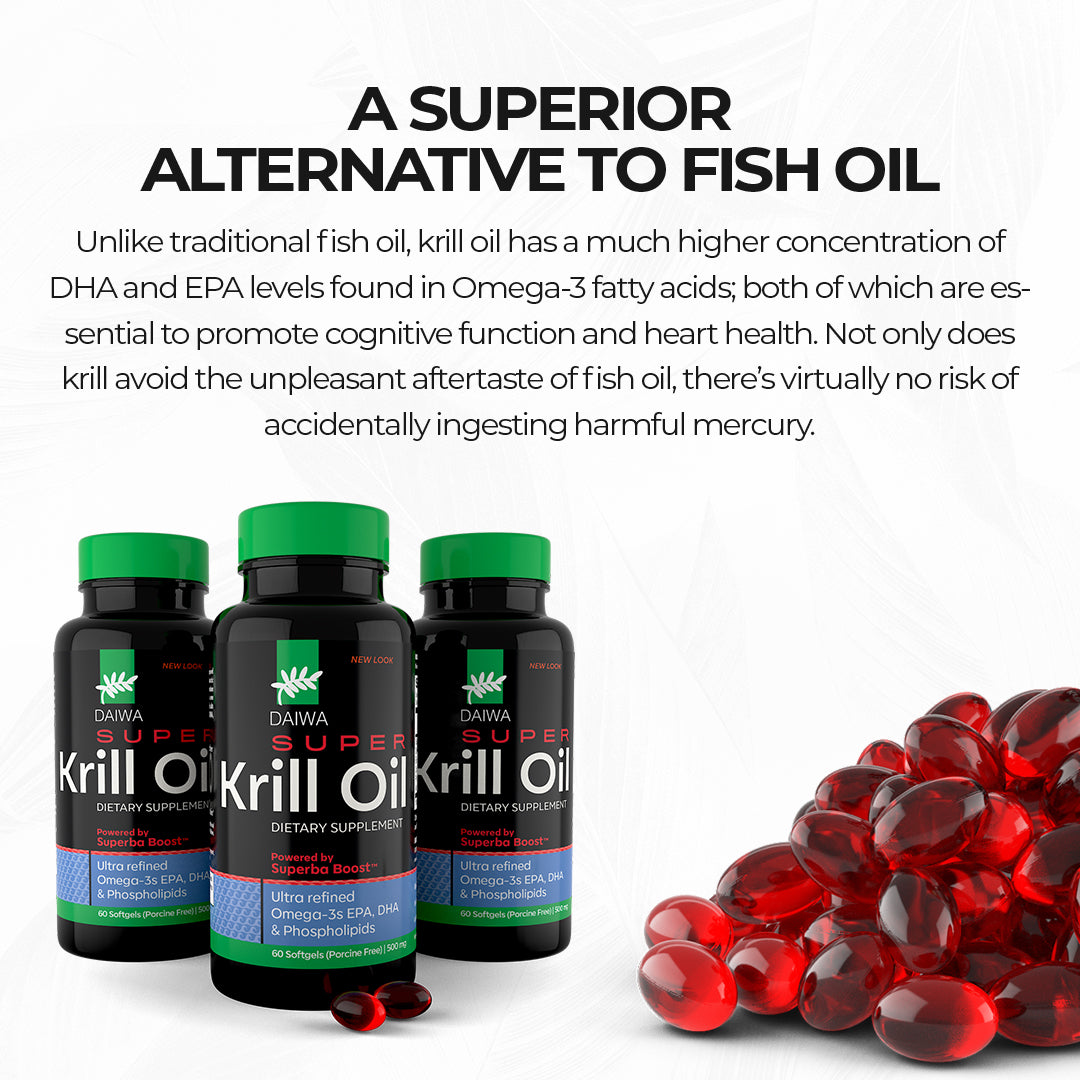
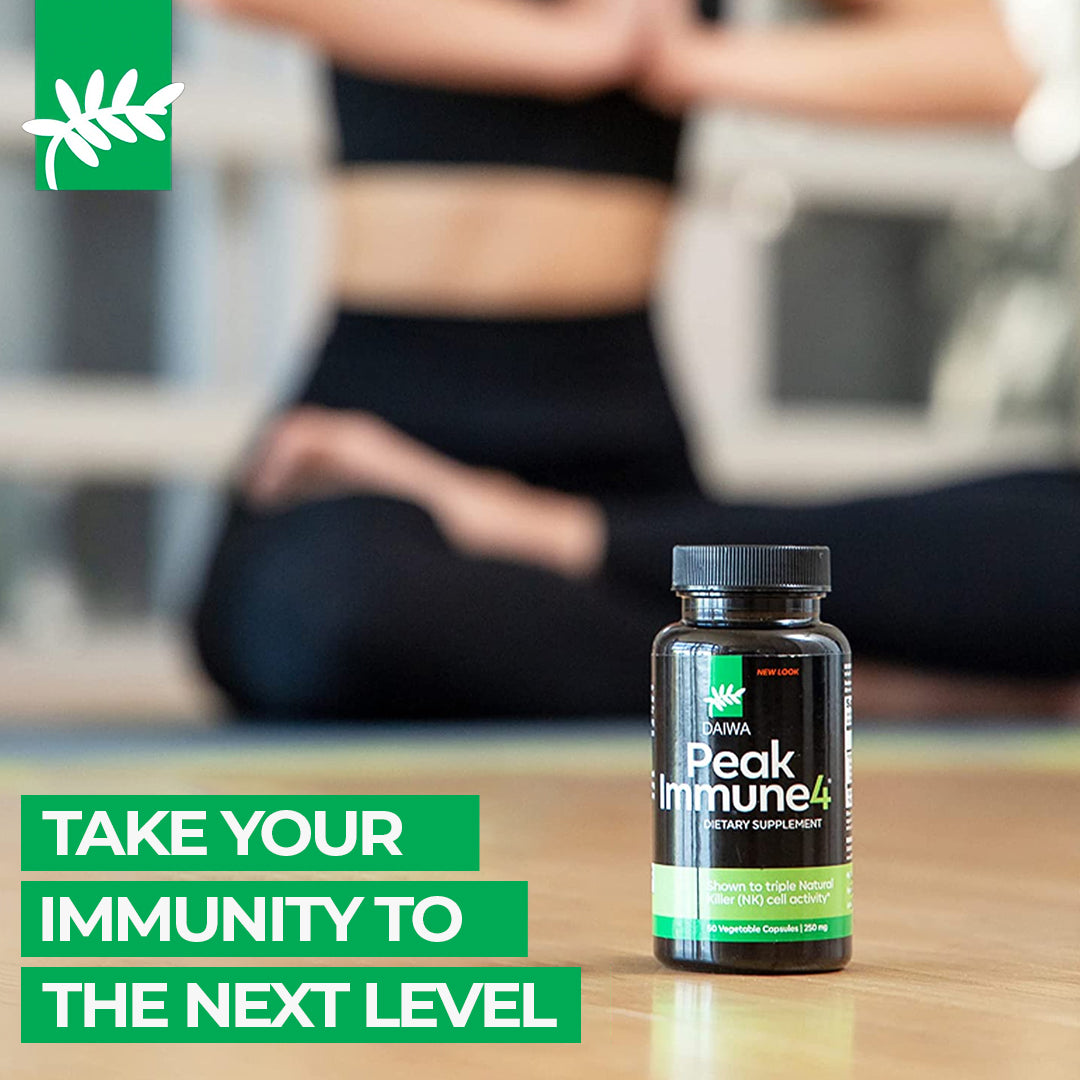
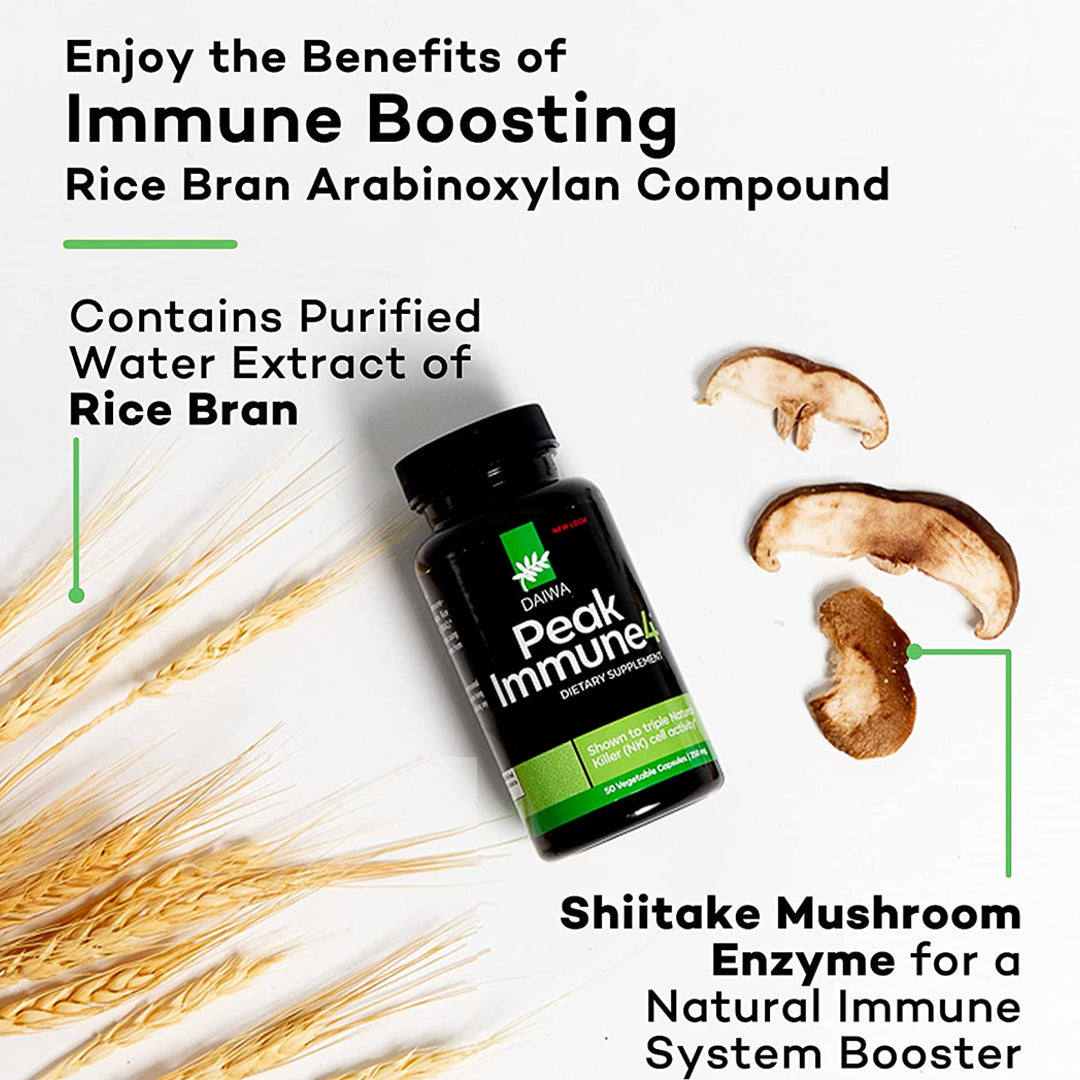
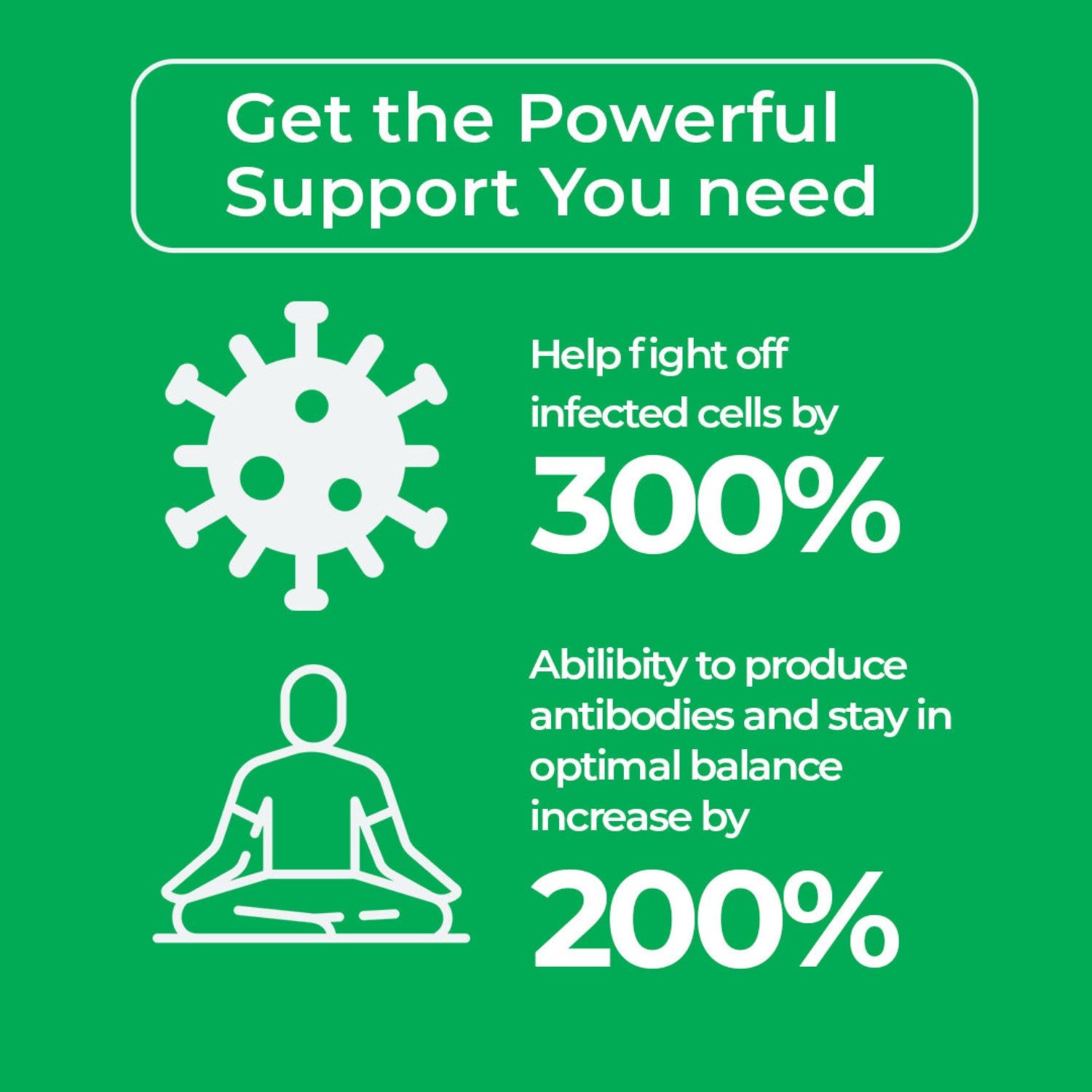
Leave a comment
All comments are moderated before being published.
This site is protected by hCaptcha and the hCaptcha Privacy Policy and Terms of Service apply.